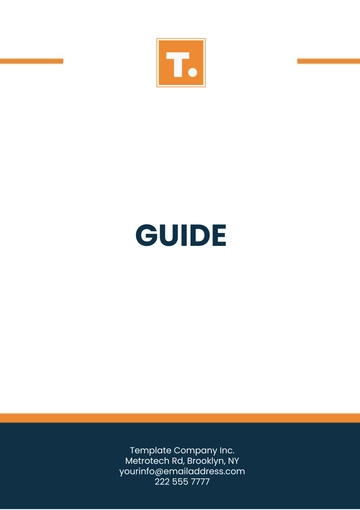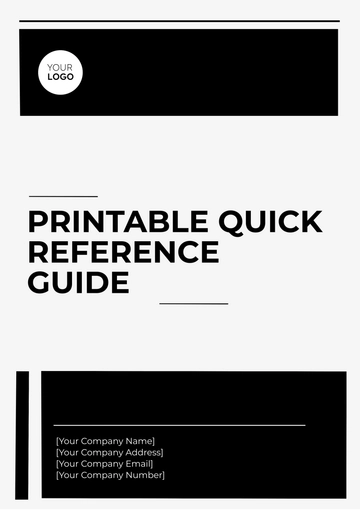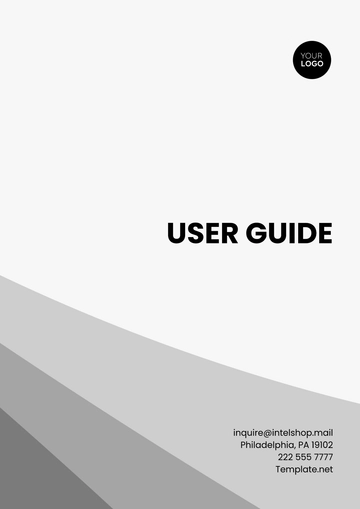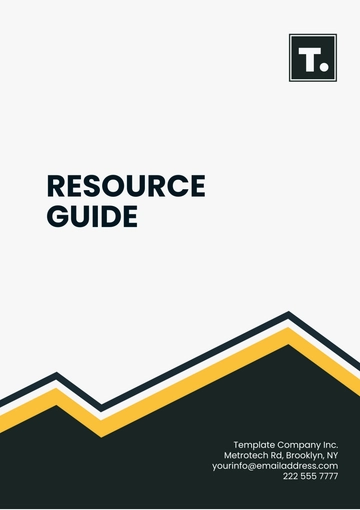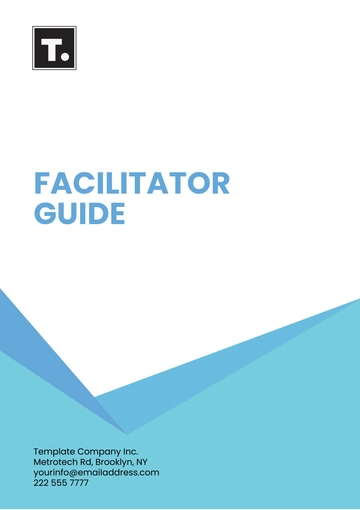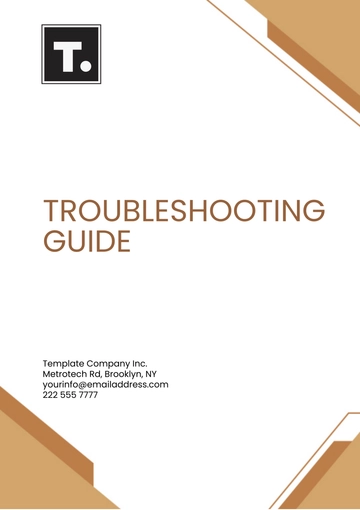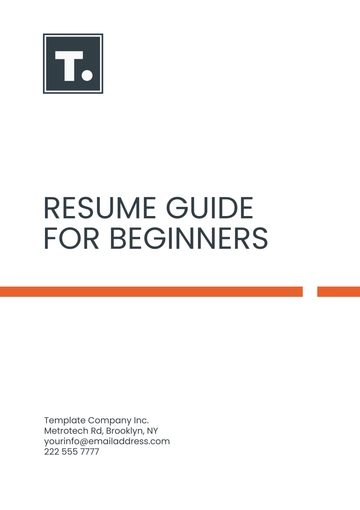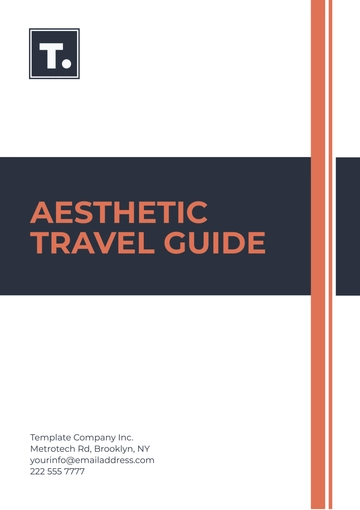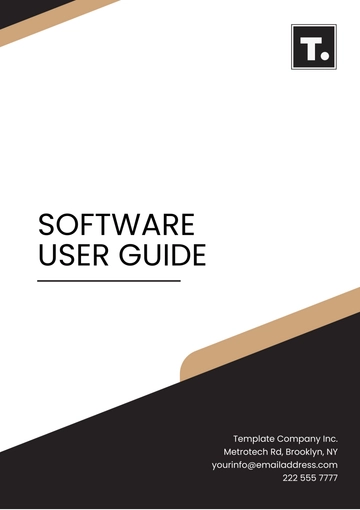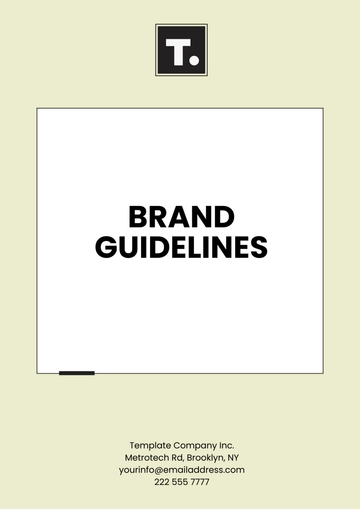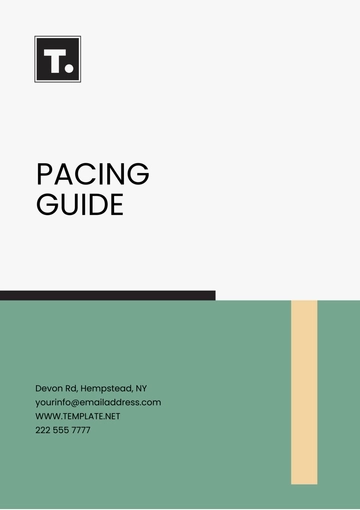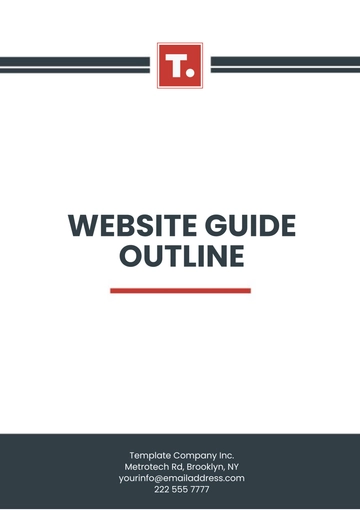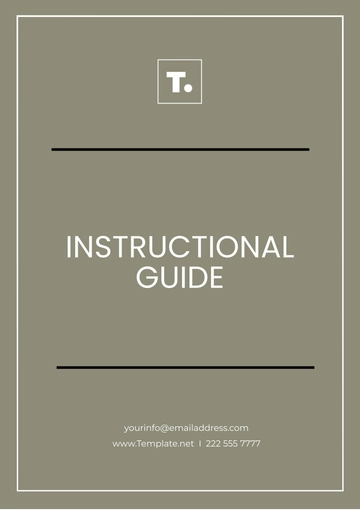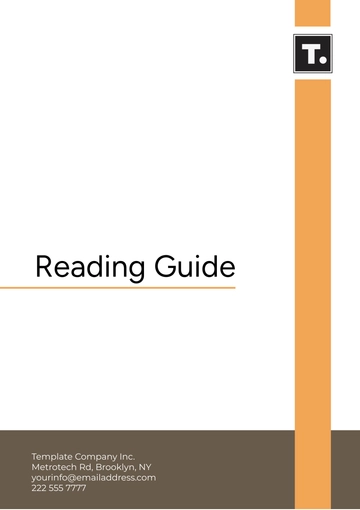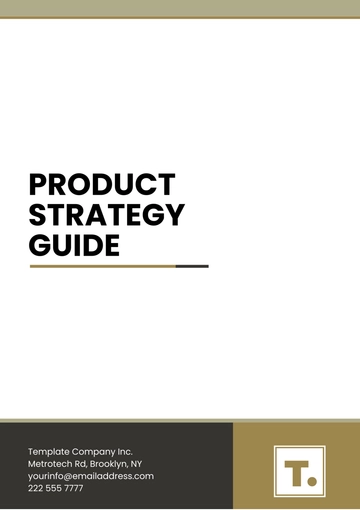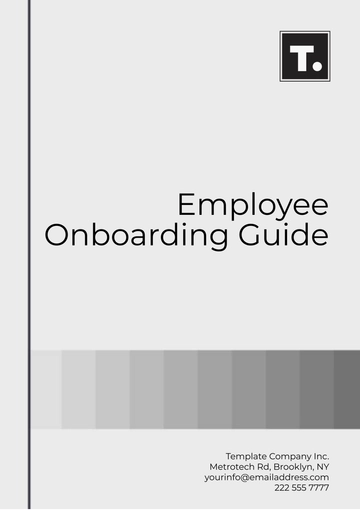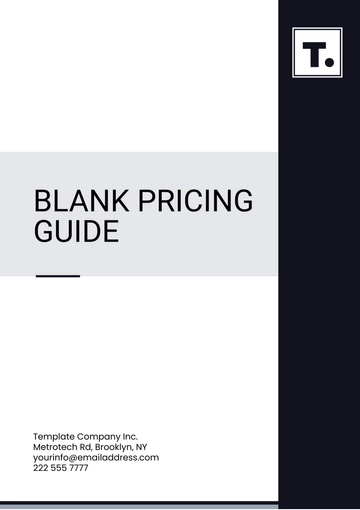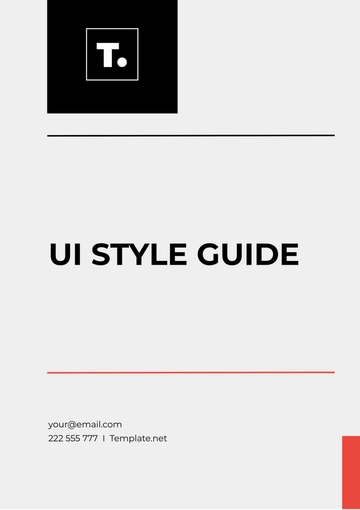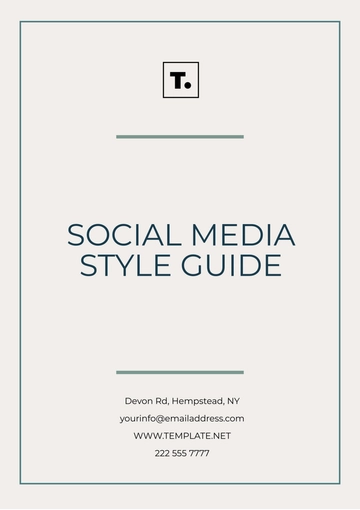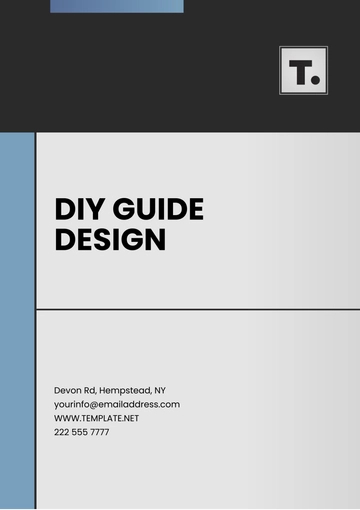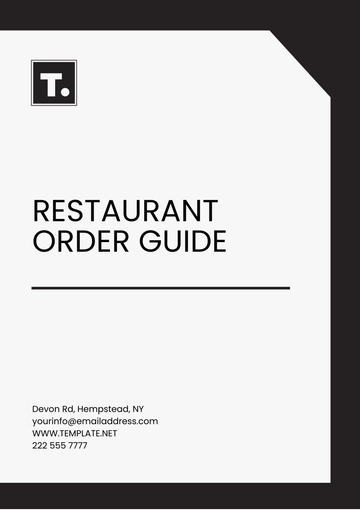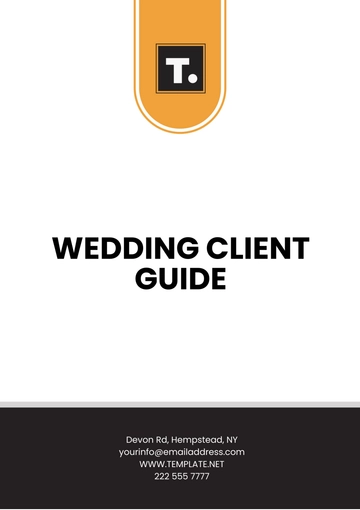Free FTC Guidelines for Advertising Influencers
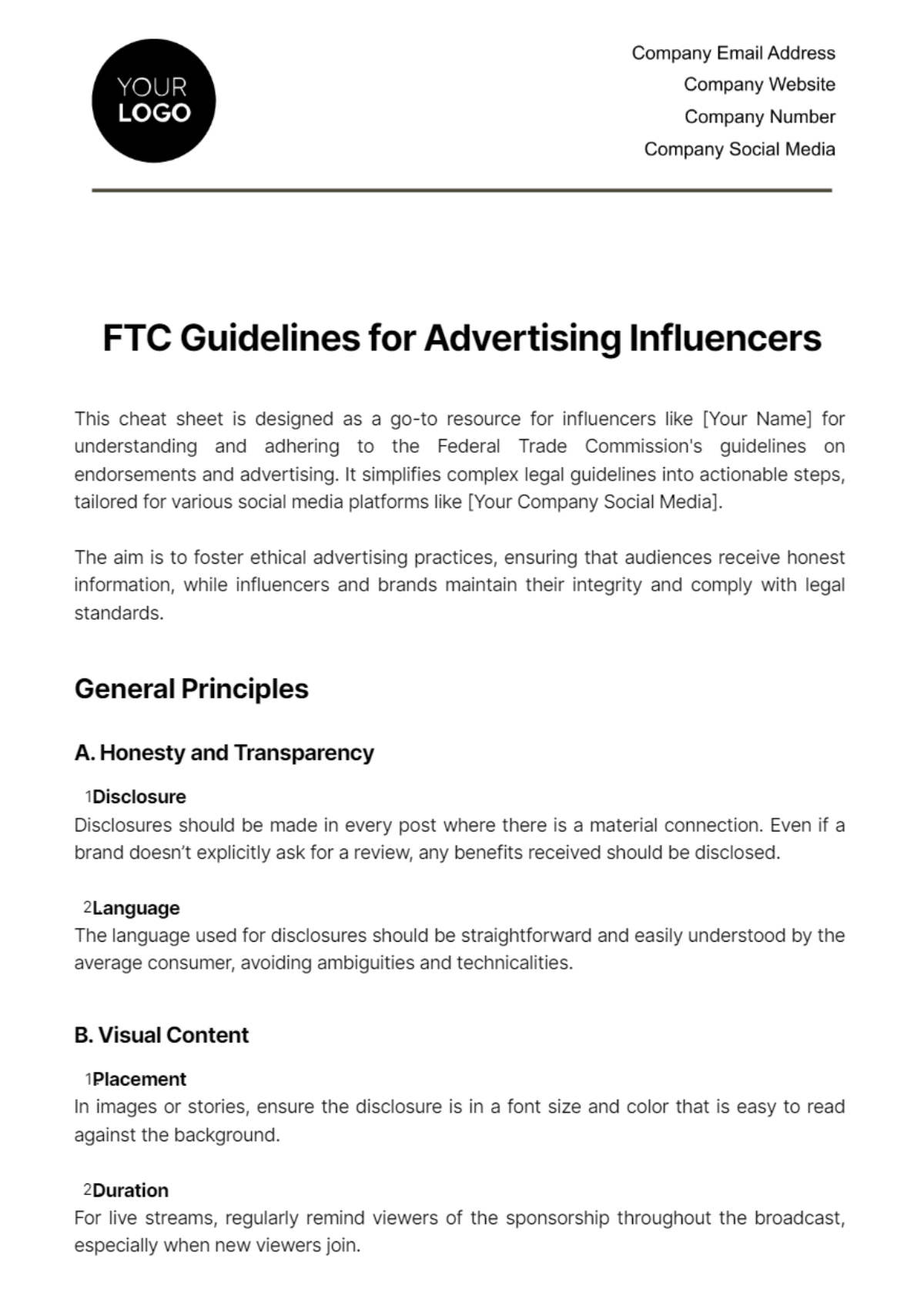
This cheat sheet is designed as a go-to resource for influencers like [Your Name] for understanding and adhering to the Federal Trade Commission's guidelines on endorsements and advertising. It simplifies complex legal guidelines into actionable steps, tailored for various social media platforms like [Your Company Social Media].
The aim is to foster ethical advertising practices, ensuring that audiences receive honest information, while influencers and brands maintain their integrity and comply with legal standards.
General Principles
A. Honesty and Transparency
Disclosure
Disclosures should be made in every post where there is a material connection. Even if a brand doesn’t explicitly ask for a review, any benefits received should be disclosed.
Language
The language used for disclosures should be straightforward and easily understood by the average consumer, avoiding ambiguities and technicalities.
B. Visual Content
Placement
In images or stories, ensure the disclosure is in a font size and color that is easy to read against the background.
Duration
For live streams, regularly remind viewers of the sponsorship throughout the broadcast, especially when new viewers join.
Platform-Specific Guidelines
A. Instagram
Always tag the brand in your sponsored posts and use features like 'Paid partnership with' to add clarity.
Disclosures shouldn't be hidden; they should be amongst the first things seen in a post or story.
B. YouTube
Include disclosures in both spoken and written forms to cater to all types of viewers, including those who may not be closely watching the video.
Avoid placing disclosures only in the description box, as this can often be overlooked by viewers.
C. TikTok
Make sure disclosures are clear and visible even in the fast-paced scrolling environment of TikTok.
Avoid using small text or text that blends into the background for your disclosures.
Disclosure Dos and Don'ts
A. Dos
Incorporate the disclosure naturally into your content so it feels integrated and not out of place.
Review FTC guidelines regularly to stay updated with any changes or additional specifications.
B. Don'ts
Don’t rely on platform tools alone for disclosure. Personal, clear statements are always necessary.
Avoid using vague language like “partnering with” or “collaborating with” which may not explicitly convey that it’s sponsored content.
Common Scenarios and Responses
Scenario 1: Gifted Products
Situation: Even if there is no obligation to post about a gifted product, the FTC considers it a material connection.
Action: Be clear about the nature of your relationship with the brand and that you received the product for free.
Scenario 2: Affiliate Links
Situation: You should disclose the possibility of earning a commission clearly and conspicuously, not hidden or ambiguous.
Action: Use clear terms like “I may receive a small commission if you purchase through this link” to inform your audience.
Monitoring and Compliance
Your Responsibility
Conduct a regular audit of your posts, ideally monthly, to ensure all sponsored content remains compliant.
Be proactive in your compliance efforts, and don’t wait for a complaint to arise before reviewing your content.
Consequences of Non-Compliance
Non-compliance can lead to investigations and enforcement actions by the FTC, which can be time-consuming and costly.
A breach of FTC guidelines can also lead to a loss of trust and credibility with both your audience and brand partners.
Record-Keeping
It’s advisable to keep electronic and physical copies of all contracts and communications regarding endorsements or sponsorships.
These records should be organized and easily accessible in case they are requested by the FTC or other regulatory bodies.
Additional Resources
The FTC’s official website offers detailed guides, examples, and the latest updates on endorsement guidelines.
Online webinars and workshops are periodically conducted by the FTC, which can be valuable resources for staying informed.
Contact for Queries
The FTC helpline can guide specific situations or clarify gray areas in the guidelines.
Legal advisors can provide personalized advice based on your specific content and partnerships.
- 100% Customizable, free editor
- Access 1 Million+ Templates, photo’s & graphics
- Download or share as a template
- Click and replace photos, graphics, text, backgrounds
- Resize, crop, AI write & more
- Access advanced editor
Introducing Template.net's FTC Guidelines for Advertising Influencers Template, a comprehensive resource for businesses navigating influencer marketing regulations. Fully customizable and editable in our Ai Editor Tool, this template ensures compliance with FTC guidelines, protecting brands and influencers alike. Streamline the creation of transparent and legally compliant advertising campaigns, safeguarding your reputation and fostering trust with your audience. Simplify the process with our user-friendly platform.
